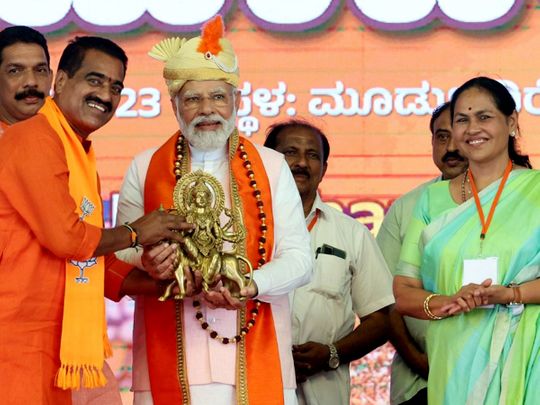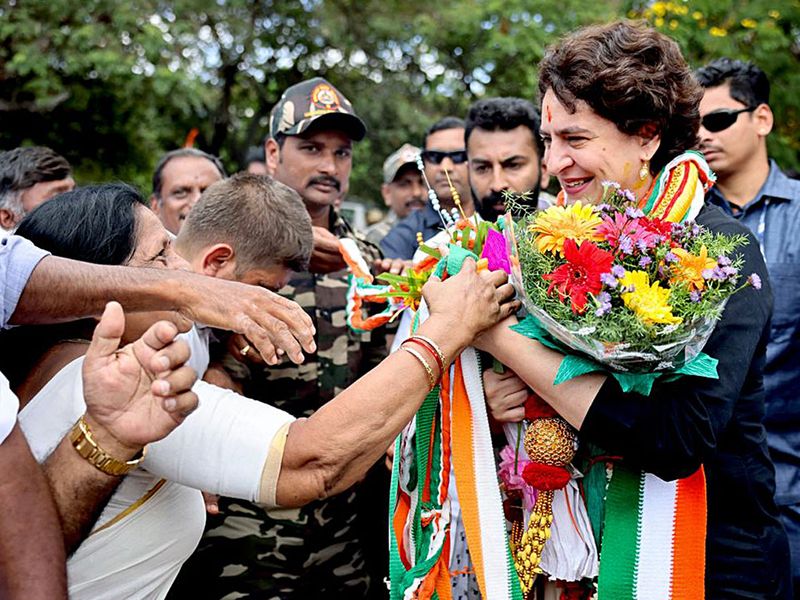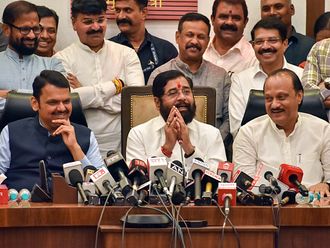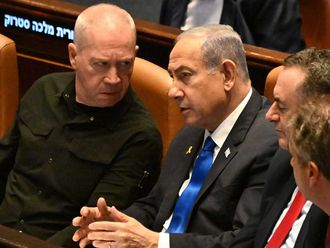
As Karnataka heads to the polls on May 10, less than a week from now, a great deal of India’s attention is focused on this important southern state. The ruling Bharatiya Janata Party (BJP) faces an uphill task to return to power. This is despite the impressive final push, led by Prime Minister Narendra Modi himself, to win the state.
Karnataka is crucial to the BJP for a variety of reasons. For one, it is the only southern state where the ruling party has a stronghold. They have been in power for nine years. Retaining Karnataka will be a great fillip for the BJP’s ambitions to move into other southern states, especially Telangana, which goes to the polls next. A win in Karnataka will generate the push that the BJP cadres need to outdo their opponents, the incumbent Bharat Rashtra Samithi party led by K. Chandrashekar Rao.
If, however, the BJP is ousted from power in Karnataka, it will put a question mark on the party’s invincible image, denting the prestige of the Narendra Modi-Amit Shah combine. The opposition will be emboldened to fight them in the more important general elections in 2024. The symbolic value of defeating the BJP in Karnataka will have a nationwide ripple effect, demoralising BJP cadres.
Why a Karnataka loss will hurt BJP
Karnataka is also important because its capital, Bengaluru, is not only the country’s tech hub but also one of the richest cities in India and the fastest growing in the world. The BJP is not in power in most of the biggest metros in India, including Delhi, Calcutta, Chennai, Hyderabad, and, till recently, even Mumbai, India’s commercial and business capital. Losing Bangalore would mean its hold on young, upwardly mobile urban voters is weakening. Again, not good news from the point of view of the 2024 national elections.
As we move closer to election day, several projections and pre-poll surveys indicate a Congress victory. For instance, the ABP-CVoter survey predicts a regime change in Karnataka. Even the third player in the state, Janata Dal (Secular), isn’t expected to do as well as last time. In the previous assembly elections, the BJP improved its tally from 40 seats in 2013 to 122. The Congress tally went down from 104 to 80. But what is important to note is that the Congress polled 38.14 per cent of the popular vote, more than the BJP’s 36.35 per cent. JDS came third with 40 seats, up by three seats from 2013, polling 18.3 per cent of the votes.

This time, the ABP-CVoter survey projects 74-86 seats for the BJP, which is way short of the halfway mark of 113. The Congress is expected to get 107 to 119 seats, not a comfortable majority, but close. JDS will do worse than last time, with 23 to 35 seats. This means that JDS may well play the kingmaker, lucky to wield political leverage yet again.
The ABP-CVoter survey collected responses from 17,772 people. Their results suggest that BJP is trailing by 5 percentage points behind the Congress. As opposed to this projection, the Pradeep Bhandari-led Jan Ki Baat pre-poll projections still show the BJP coming out in front as the single largest party, with 98-109 seats. Even in such an eventuality, it will need JDS to support it to form the government again.
The general perception that BJP is a north Indian Hindi belt party that does not understand local issues and lack a strong local leader may work against the party.
Both the BJP and the Congress have held mega rallies in the state. Federal Home Minister and party boss, Amit Shah, has been virtually camping in the state as has the party president, J P Nadda. Prime Minister Narendra Modi has been campaigning hard, attacking the Congress for corruption and dynastic rule. In addition, he has also been emphasising how the Congress leaders have abused him, calling him names. The hope is that the people of Karnataka will avenge the insults to Modi by voting his party back to power.
On the other side, the Congress offensive is still not in top gear, with their various camps and infighting. Yet, the lack of an alternative to the BJP will not be sufficient to overcome anti-incumbency. The BJP too has been mired in corruption accusations and large-scale defections. It is doubtful if the people of Karnataka are convinced that the so-called “double engine sarkar” — the two-engine government — with the party ruling both at the centre and the state, has succeeded in delivering on jobs and infrastructure in the state.
Rather than focusing on development and good governance, the BJP’s manifesto, released on May 1, is full of populist promises. It includes Anna (food security), Abhaya (social welfare), Akshara (education), Aarogya (health), Abhivrudhhi (development) and Aadaaya (income). Below the poverty line (BPL) families have been promised half a litre of the local cooperative “Nandini” milk daily, in addition to the free monthly ration of 5kg of millet and 5kg of rice. The manifesto has also promised three free cooking gas cylinders per year per BPL family. Not to be outdone, the Congress has announced similar guarantees, including “Rs 2000 per month to every woman head of a family, free bus passes for all women, Rs3,000 for graduates, Rs1,500 for diploma holders as unemployment monthly payment, 10 kilos of rice and 200 units of free power to households.” The Congress has also promised to restore reservation to Muslims, which the BJP had repealed, and to ban the Bajrang Dal if voted to power.
Will these sops turn the tide in favour of either party or the Modi magic, once again, push BJP past the finishing line? Besides, it is anybody’s guess how the complicated caste calculus of the state will work itself out. Only the results on May 13 can tell. But the general perception, in recent months, that BJP is a north Indian Hindi belt party that does not understand local issues and lack a strong local leader, let alone a declared chief ministerial candidate, may work against the party.













